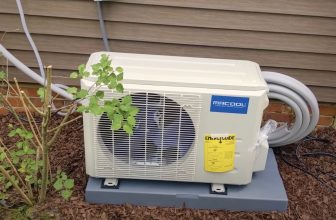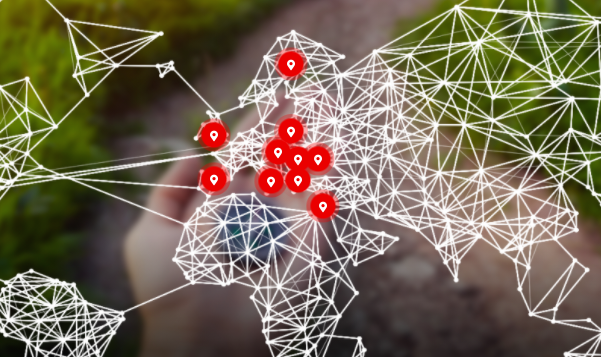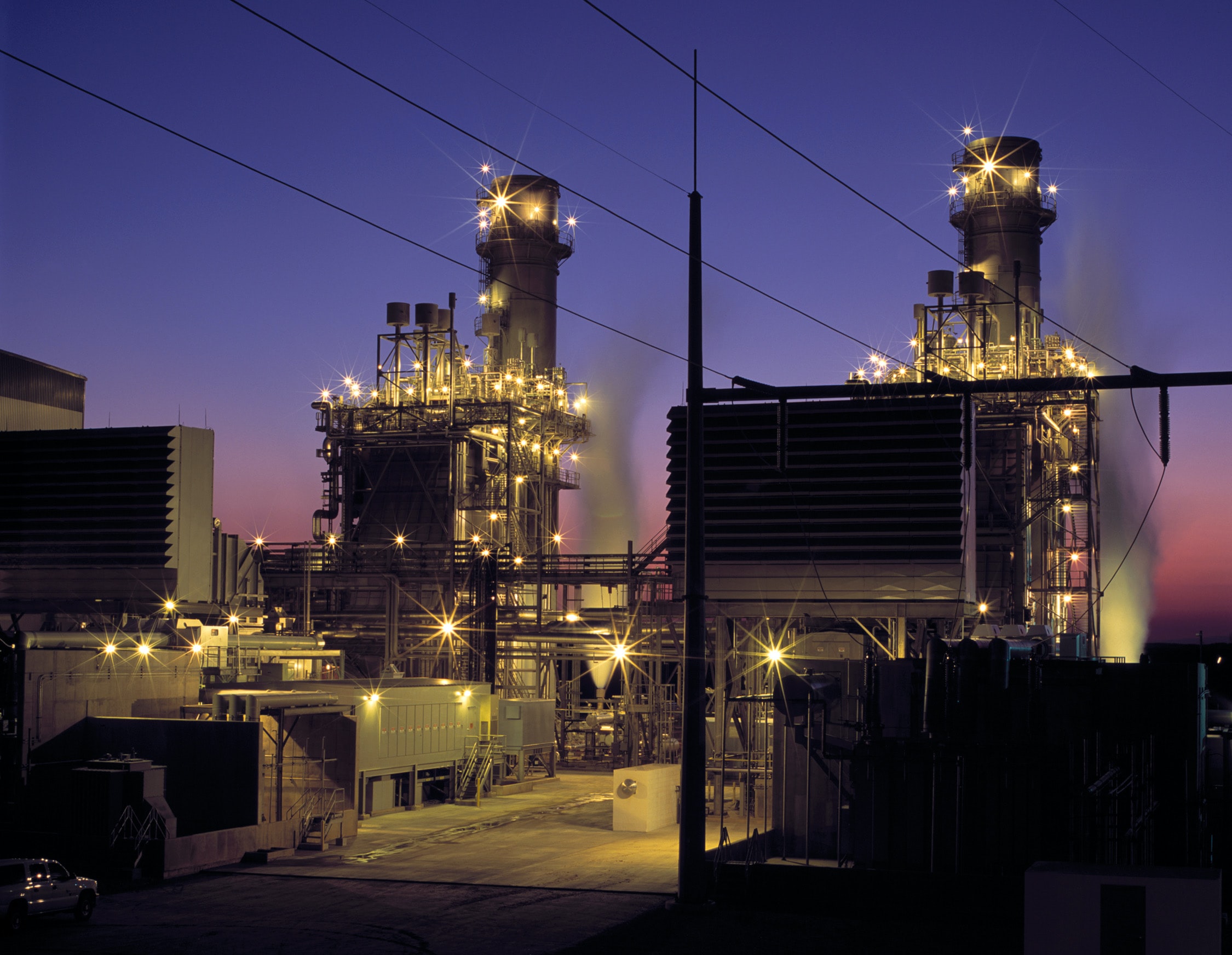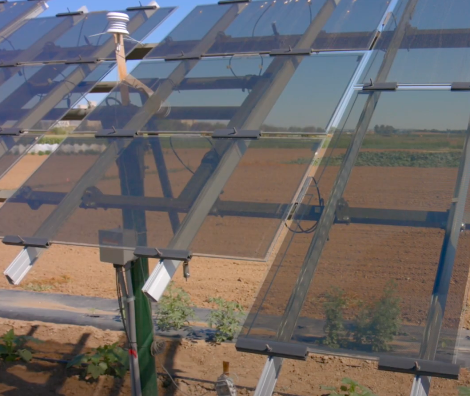Many more Haitians living in the island nation’s northwest stand to gain access to safe, reliable, affordable and environmentally friendly solar-generated electricity in coming months. The first to be awarded funding from ElectriFi, pioneering renewable energy micro-utiliy Sigora International aims to expand the customer base of its pilot, 5,000-member community microgrid to 136,000 (27,000 accounts), the company announced Feb. 14. 
Paving the way for the ambitious expansion, Sigora Haiti will use proceeds from ElectriFi’s $2.5 million investment to raise power generation capacity of its pioneering renewable energy-fueled micro-utility platform to 3.5-MW-peak (MWp).
A joint international development initiative between 15 European Union (EU) development finance agencies and USAID’s Power Africa, ElectriFi singled out Sigora Haiti as its first investment from 290 propsals submitted in April 2016.
Renewable Microgids and Frontier Markets
Sigora Haiti in November 2015 obtained an exclusive, 25-year electricity service provider license from the Haitian government to provide electricity services in Haiti’s North West department, a rural area comprised of six towns with a population of some 200,000.

Developed by Sigora International, its San Francisco-based parent company, Sigora Haiti’s renewable energy and energy storage-based smart grid platform provides the basis for creating a micro-utility capable of remotely monitoring and controlling grid performance and capturing consumer payments electronically.
Proprietary, prepaid metering and revenue management technology enables micro-utilities in frontier markets to collect revenue consistently and effectively, Sigora highlights. That has proven to be a significant challenge, and hurdle, that has stifled investments and led to the demise of similarly minded rural electrification projects in developing economies and countries worldwide.
Sigora’s micro-utility business model entails constructing interconnected microgrids and co-located power generation capacity, which affords the benefits of economies of scale and more efficient power grid management. That translates into affordable, reliable and environmentally friendly electrical power even for the smallest consumer, according to the company.
A Bankable Business Model for Expanding Sustainable Energy Access
 ElectriFi has sufficient confidence and enough enthusiasm with regard to Sigora’s micro-utility technology, business model and organizational capabilities to have selected Sigora Haiti as its first funding recipient from an initial batch of 290 investment proposals received last April.
ElectriFi has sufficient confidence and enough enthusiasm with regard to Sigora’s micro-utility technology, business model and organizational capabilities to have selected Sigora Haiti as its first funding recipient from an initial batch of 290 investment proposals received last April.
“What Sigora Haiti has achieved in electrifying an off-grid population of 5,000 people in under a year demonstrates an incredible ability to execute and serves as proof of concept for their technology platform and business model,” European Development Finance Institution Management Company (EDFIMC) managing director Frederik Van Den Bosch elaborated.
“Scaling Sigora’s model will be life changing for tens of thousands of people. This is truly a triple-bottom-line business and is exactly the kind ElectriFI seeks to support.”
ElectriFi’s investment in Sigora Haiti is part and parcel of a much broader trend that’s achieving unprecedented success in terms of expanding sustainable energy access and local socioeconomic development. Key to this has been the leadership and broad-based participation in the multilateral USAID-led Power Africa public-private partnership, which President Barack Obama launched in 2013.
A Broad-based, Growing Development Investment Trend
Reaching out to and working with local clean energy entrepreneurs and international solar PV and tech providers, Power Africa program participants have developed and introduced innovative mobile pay-go home solar PV systems, business models and product-service lines that are now bankable across a growing range of frontier markets around the world – those in Sub-Saharan Africa and South Asia in particular.

Some of the world’s largest multinational corporations, including Caterpillar and GE, as well as venture capital (VC) and private equity investment companies have been investing millions of dollars of capital in these mobile pay-go and other forms of frontier solar-storage start-ups, young, fast growing companies operating in what were considered “pariah” markets and economic sectors just a few years ago.
“In combining new technologies with innovative business approaches, Sigora Haiti stands to tip the balance in expanding energy access by making micro-grids an ‘investable’ proposition,” commented Quentin Antoine, ElectriFi investment Manager. “We look forward to working with them to scale their frontier market technology and vision in Haiti and beyond.”
As Sigora goes on to point out: “2015 was the first year in which investment in renewables – excluding large hydro – in developing countries outweighed that in developed economies, while a quarter of all new investment in new renewable energy capacity went to small-scale projects – some $67.4 billion.”
That’s a very encouraging trend, and historic milestone, that’s benefiting residents, businesses, governments and society in industrial, industrializing and non-industrial nations alike.




